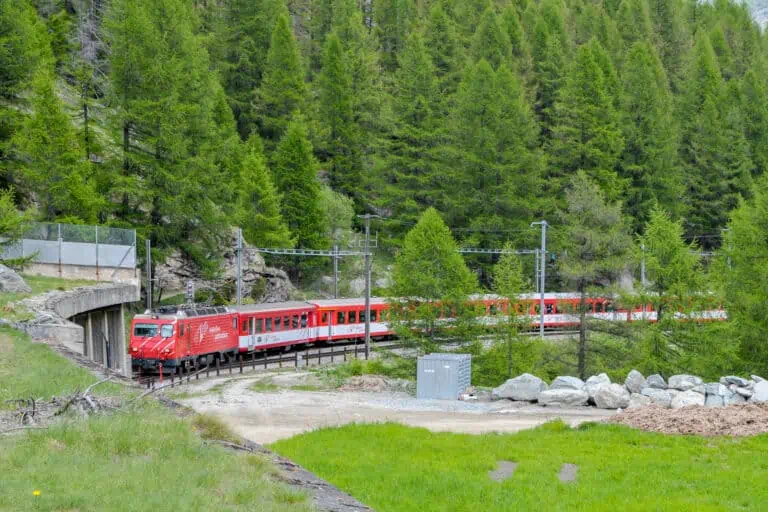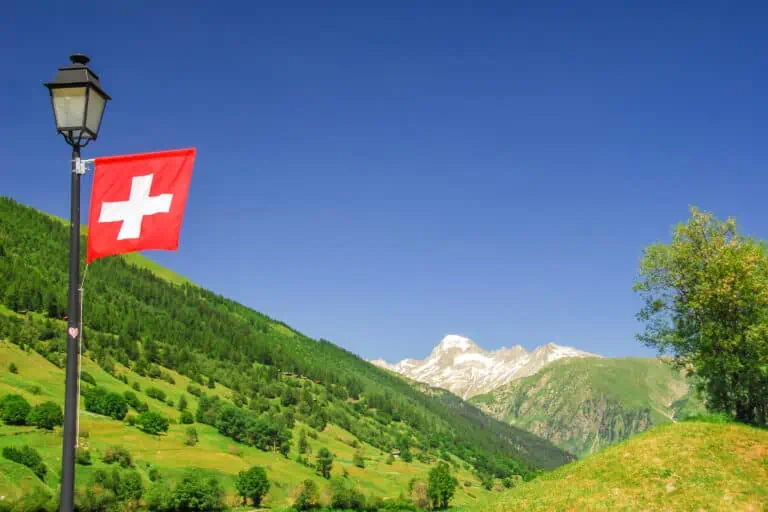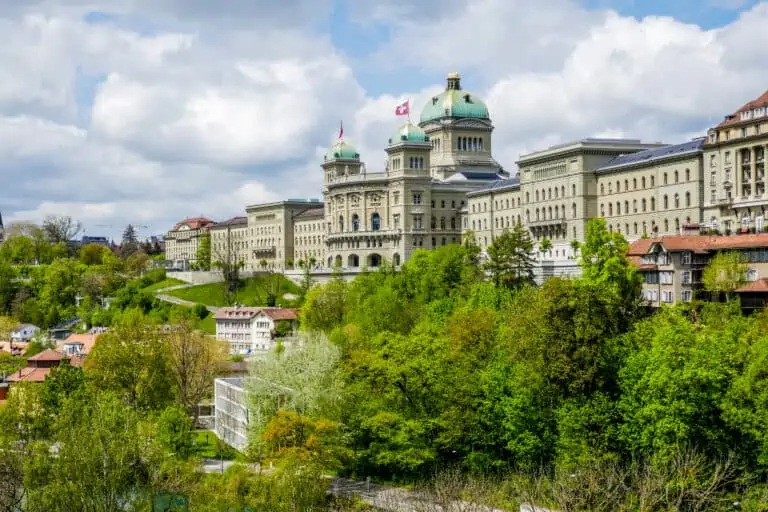Swiss neutrality
The history of Switzerland is a long one. The Swiss Confederation was formed in 1291. A lost battle against the French and Venetians in 1515 caused a shift of objectives: expansion was no longer a goal. Instead, the Confederation claimed to be neutral now. Swiss neutrality still plays a major role in today’s politics.
It took a long time, until 2002, before Switzerland joined the United Nations. The country is not a member of the European Union, nor of the Eurozone. It holds on to its own Swiss franc, even though the euro is the currency in all surrounding countries.
Switzerland’s political neutrality is sometimes criticized and seen as controversial, for example during the war in Ukraine that started in 2022.
National vs regional authorities
The official name of Switzerland is ‘Swiss Confederation’ (‘Confoederatio Helvetica’ in Latin, which explains the country’s abbreviation ‘CH’). A confederation has a national authority and regional authorities. This system is in use in the United States, Germany, and some other countries as well.
The laws of the national government in the capital Bern apply to the whole of Switzerland. Laws of the federal states (called ‘cantons’ in Switzerland) apply only to one region. On top of that, there are more than 2,000 communes with again their own legislative and executive powers.
Profound democracy and referendums
Switzerland is the oldest federal democracy in the world after the United States. Democracy goes far beyond voting once every few years for the national elections. The people have the final say in many matters, and they’re asked for their opinion through multiple optional and mandatory referendums per year.
There are many so-called ”initiatives’ that can be supported by signing the associated list. Referendums and initiatives can be about virtually anything: VAT, new infrastructure, the environment, etc.
Switzerland’s 26 cantons
Switzerland has 26 cantons:
- Aargau
- Ausser-Rhoden
- Basel-Landschaft
- Basel-Stadt
- Bern
- Fribourg
- Genève
- Glarus
- Graubünden
- Inner-Rhoden
- Jura
- Lucerne
- Neuchâtel
- Nidwalden
- Obwalden
- Sankt Gallen
- Schaffhausen
- Schwyz
- Solothurn
- Thurgau
- Ticino
- Uri
- Valais
- Vaud
- Zug
- Zurich
The cantons are very different from each other when it comes to their area and population. While some are as small as one town (Basel-Stadt), others take up 17% of the country (Graubünden).
So when we refer to regions on this website, we do not necessarily mean a canton, but rather a region that makes sense for tourism purposes. When you’re in Switzerland, you likely won’t notice which cantons you visit. One clue is provided by the license plates on cars, which contain the canton’s abbreviation.
More about Switzerland’s history and the capital city Bern
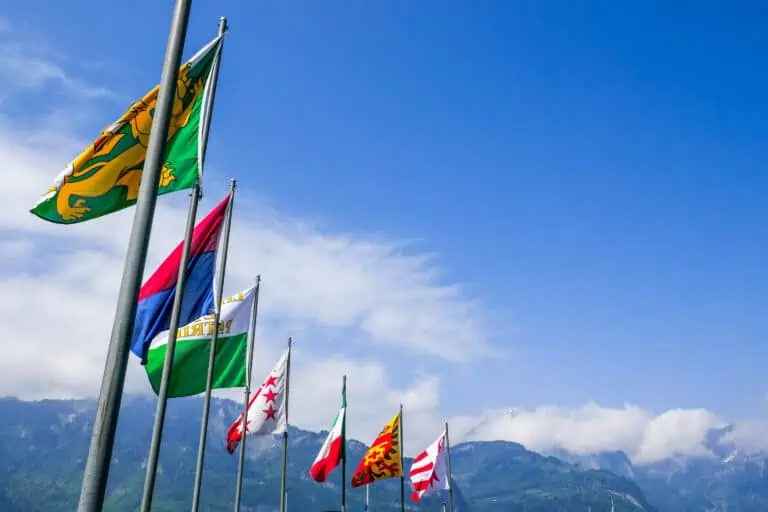
History of Switzerland
Other websites of interest
- www.ch.ch: information provided by the Swiss federal and regional authorities
More blog posts you may like 
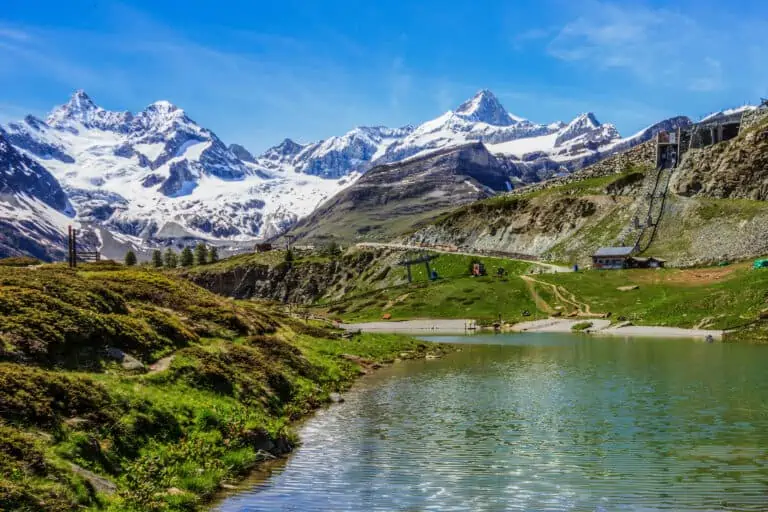
Gornergrat, Matterhorn Glacier Paradise, Sunnegga-Rothorn

Tourist tax
